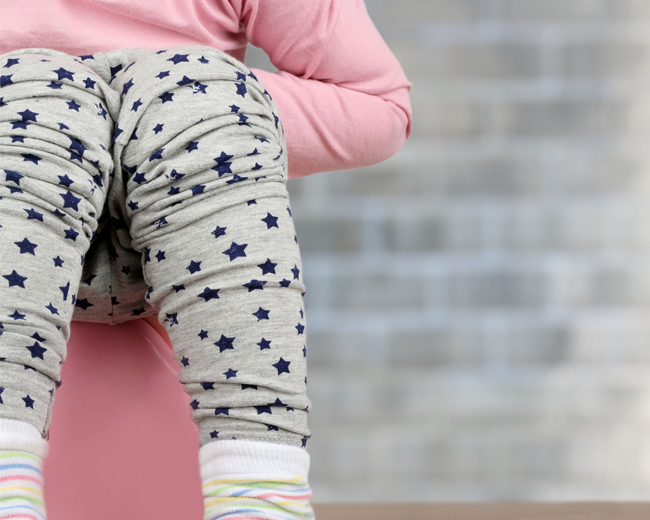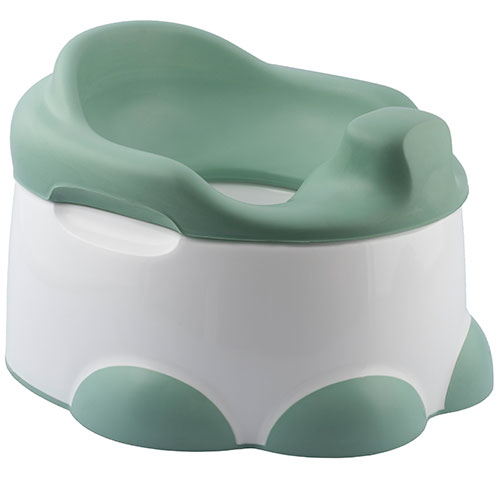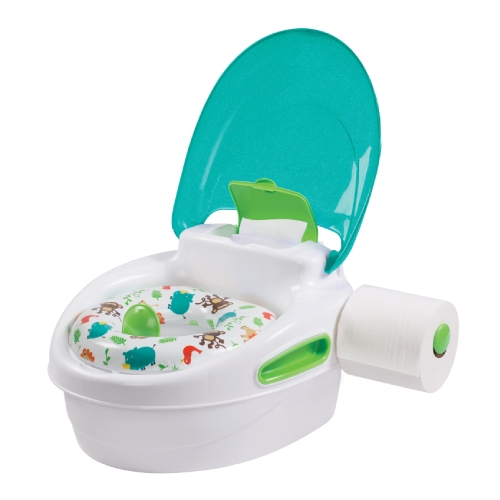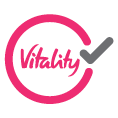6 Top potty-training questions answered
We asked Meg Faure, Early Childhood Development Innovator, best-selling author, and co-founder of Play Sense to answer 6 of your most pressing questions about potty training your toddler.
1. How will I know when my child and I are ready to start potty training?
“You might be tempted to start potty training your child when you see friends or family starting with their kids, but you both need to be ready to start the process and I wouldn’t attempt it before the 18-month mark,” says Faure.
She goes on to explain that children don’t have the physical or cognitive capabilities to start potty training before that. However, anytime between 18 months - 3 years is fine based on when your child is starting to show signs of readiness.
Signs your child may be ready
- They’ll start to have an awareness of what’s happening with their bodies on a sensory level
- They may want their nappy taken off when it’s wet
- They’ll start to pre-empt when they need the potty – and tell you when they need to go.
- You or the primary caregiver should be in the right headspace to start potty training and give the process the focus it needs for 7-10 days as it will take time and could be a little messy.
- You’ll also need to set reminders to take your little one to the toilet or potty every 45-60 minutes.
When to start…
“I advise the parents I see to start potty training in the first summer after their toddler turns 18 months,” says Faure. “It’s just easier in summer because if there are little accidents, they can be outside and your child can also wander around without a nappy on.”
2. How do I start the process?
In the first 3 days, do some prep including:
- Set up your child’s potty.
- Use a doll or toy as a role model. Put the doll or toy on the potty (preferably choose a doll that simulates weeing when you feed it water).
- Reward the doll or toy so that your little one gets the concept that it’s a good idea to use the potty.
Then, have at least 3 days where you allow your child to run around with no nappy on and let those 'accidents' happen.
“Without a nappy on, or with just underwear on, your child will feel that something happened, and they will start to connect the dots,” she explains.
3. How long should it take to potty train my child?
If your little one is genuinely ready and you’ve done the first 3 prep days, then your child should be potty trained within 7-10 days, says Faure.
“Potty training requires a period of deep focus which means giving your child lots of water and liquid and then setting the timer for every 45-60 minutes and diligently taking them to the potty, no matter where you are. It really should be a hands-on approach and if you do that, children very quickly get the sense of what’s happening just before they wee. They get rewarded and then they move off nappies relatively quickly,” she adds.
4. Is it normal for my child to have a regression?
Faure says that potty training regressions are extremely normal and should be expected. If there’s a big change in your home such as moving house, introducing a sibling or starting at a new school, expect your little one to regress a little bit. This could mean the odd accident or wanting to go back to nappies altogether.
“Sometimes children can even regress for no apparent reason. if this happens, simply go back to step 1 – where you normalise the potty for them and start taking them to the toilet every 45 minutes once again,” advises Faure.
If a regression happens more frequently, it’s a good idea to see your child’s GP or paediatrician who can rule out a possible urinary tract infection, which can contribute to potty-training mishaps.
5. Should I attempt day and night training at the same time?
Although it’s tempting to do away with nappies altogether, it’s a better idea to potty train in a staggered approach. This means you shouldn’t be in a rush to night train your little one.
“Potty training in the day can happen when your child is between 18 months and 3 years, and potty training at night happens later – between the ages of 2.5 to 5 or 6 years old,” says Faure.
“This is because there’s a hormone that acts as a neurotransmitter that’s responsible for turning off urine production at night – and this needs time to kick in. Your toddler first needs to start having some dry patches at night, only needing to wee at around 4am. If they’re starting to do that, then you know they’re stretching nicely through the night, which gives you the green light to slowly start night-time training,” she explains.
6. My child is scared to go for a 'number 2' in the potty. What should I do?
This is very common, and nothing to worry about.
"Some kids hide behind the curtains or couch to poo and others want the nappy back on. As a parent, the key is to always be patient and let your little one have a nappy, if needed," says Faure.
Always offer the potty for but if your child prefers a nappy then go with it. Sometimes it takes a few months for your child to get used to the sensation of defaecating on a potty or toilet.
To encourage your child, Faure advises having a rewards jar above the potty and if your little one does manage to go, let them get a reward out.
Parents should watch out for constipation because that’ll definitely discourage your child from using the potty.
Remember potty training isn’t an exact science and every family will approach it differently. The trick is to learn what will work for you and your child and stick to that approach – be patient and it will happen.
IMAGE CREDIT: 123rf.com





